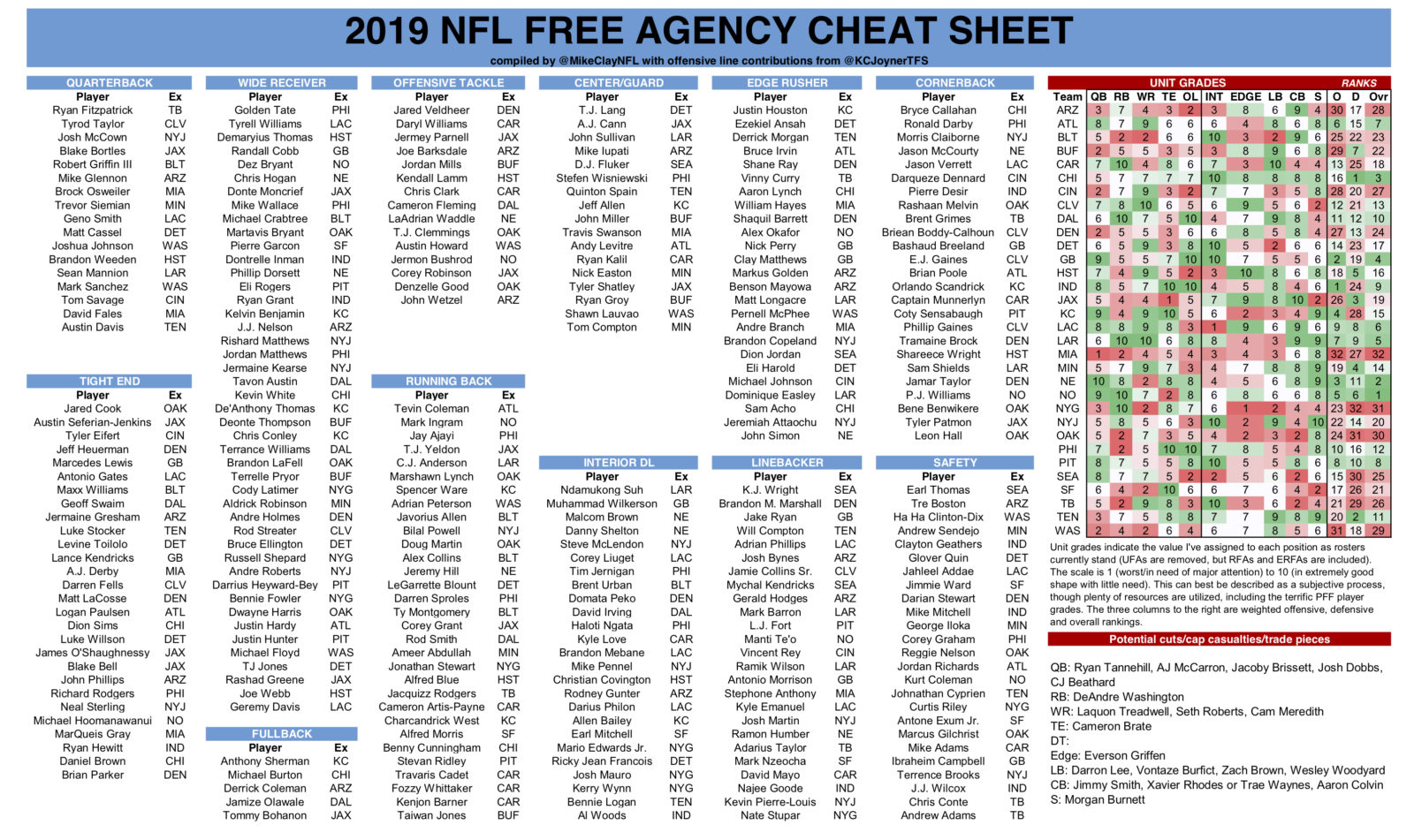Decoding the NFL Draft: Finding Top Talent at Every Position
The NFL Draft. It’s three days of hope, hype, and nail-biting anticipation. For NFL teams, it's the ultimate opportunity to rebuild, refresh, and inject their roster with young talent. But how do they identify the top players at each position? It’s a complex process, a blend of scouting, film study, combine results, and gut instinct. Understanding this process is key for any fan wanting to truly appreciate the intricacies of building a championship-caliber team.
From the coveted quarterback position to the crucial role of offensive linemen protecting him, every spot on the field matters. Evaluating potential draft picks involves analyzing college performance, projecting how their skills will translate to the professional level, and considering how they might fit into a specific team’s scheme. It’s a high-stakes game of chess, where the right moves can lead to Super Bowl glory and the wrong ones can set a franchise back for years.
The NFL Draft has a rich history, evolving from a simple selection process to a major televised event. Originally designed to promote competitive balance, it has become a central part of the NFL calendar, generating immense interest and speculation. The first draft took place in 1936, and over the decades, it has become increasingly sophisticated, with teams investing heavily in scouting departments and employing advanced analytics to gain an edge. However, the core principle remains the same: selecting the players who will contribute most to the team's success.
One of the main issues related to the draft is the inherent uncertainty. Projecting a player’s future performance based on college play is an inexact science. There are countless examples of highly touted prospects who failed to live up to expectations and late-round picks who became superstars. This unpredictable nature is part of what makes the draft so compelling, but it also highlights the immense pressure on teams to make the right choices.
Consider the quarterback position. A team’s success often hinges on having a top-tier signal-caller. Evaluating quarterbacks involves assessing their arm strength, accuracy, decision-making, leadership qualities, and ability to read defenses. But even with meticulous evaluation, there are no guarantees. Some quarterbacks thrive under the bright lights of the NFL, while others struggle to adapt to the increased speed and complexity of the game.
Teams identify top players through extensive scouting networks. Scouts attend college games throughout the season, evaluating players' skills and character. They compile detailed reports, which are then analyzed by the team's front office and coaching staff. The NFL Combine, where prospects participate in physical and mental tests, provides another layer of evaluation. Teams also conduct individual interviews with players to assess their personality and football IQ.
One benefit of having top players at each position is a more balanced and competitive team. This strengthens the team overall, creating synergy and increasing the chances of winning. For example, a strong offensive line not only protects the quarterback but also opens up running lanes for the running back. Similarly, a skilled secondary can disrupt opposing passing attacks, giving the defense an advantage.
Another benefit is increased fan engagement and excitement. Top players often become fan favorites, drawing larger crowds and boosting merchandise sales. A successful team with star players generates more buzz and media attention, enhancing the overall fan experience.
Advantages and Disadvantages of Prioritizing Top Players in the Draft
| Advantages | Disadvantages |
|---|---|
| Increased team competitiveness | Potential for higher salary demands |
| Enhanced fan engagement | Risk of draft busts |
| Greater potential for playoff success | May neglect other team needs |
One real-world example of a successful draft pick transforming a franchise is Patrick Mahomes, selected by the Kansas City Chiefs. Mahomes' exceptional talent and leadership have led the Chiefs to multiple Super Bowl appearances and a championship. This exemplifies the impact a top draft pick can have on a team’s trajectory.
One challenge in drafting top players is the competition among teams. Many teams covet the same prospects, leading to bidding wars and trade-ups in the draft order. The solution lies in thorough scouting and having backup plans in case the desired player is selected by another team.
FAQ: What is the NFL Draft? How does it work? What are the different rounds? How do teams determine draft order? What is the significance of the combine? What is a mock draft? How can I follow the draft? What are some common draft day trades?
One tip for following the draft is to research player rankings and mock drafts from reputable sources. This provides insight into potential draft scenarios and helps you understand the strengths and weaknesses of different prospects. Another tip is to pay attention to team needs and draft strategies. Each team has specific areas they need to address, and understanding these needs can help you predict their draft choices.
In conclusion, the NFL Draft is a crucial event for building a successful franchise. Identifying and selecting the best players at each position is a complex and challenging process, but it can be incredibly rewarding. From quarterbacks to cornerbacks, every position plays a vital role in a team's success. By understanding the intricacies of the draft, fans can gain a deeper appreciation for the strategy and skill involved in building a championship-caliber team. The draft represents hope for the future, the chance to turn a franchise around, and the constant pursuit of gridiron glory. So, do your research, follow the experts, and enjoy the excitement of the NFL Draft!
Navigating the maze your guide to cook county probate
Tiktok mashups take over youtube the ultimate guide
Navigating judge cronans individualized rulings











